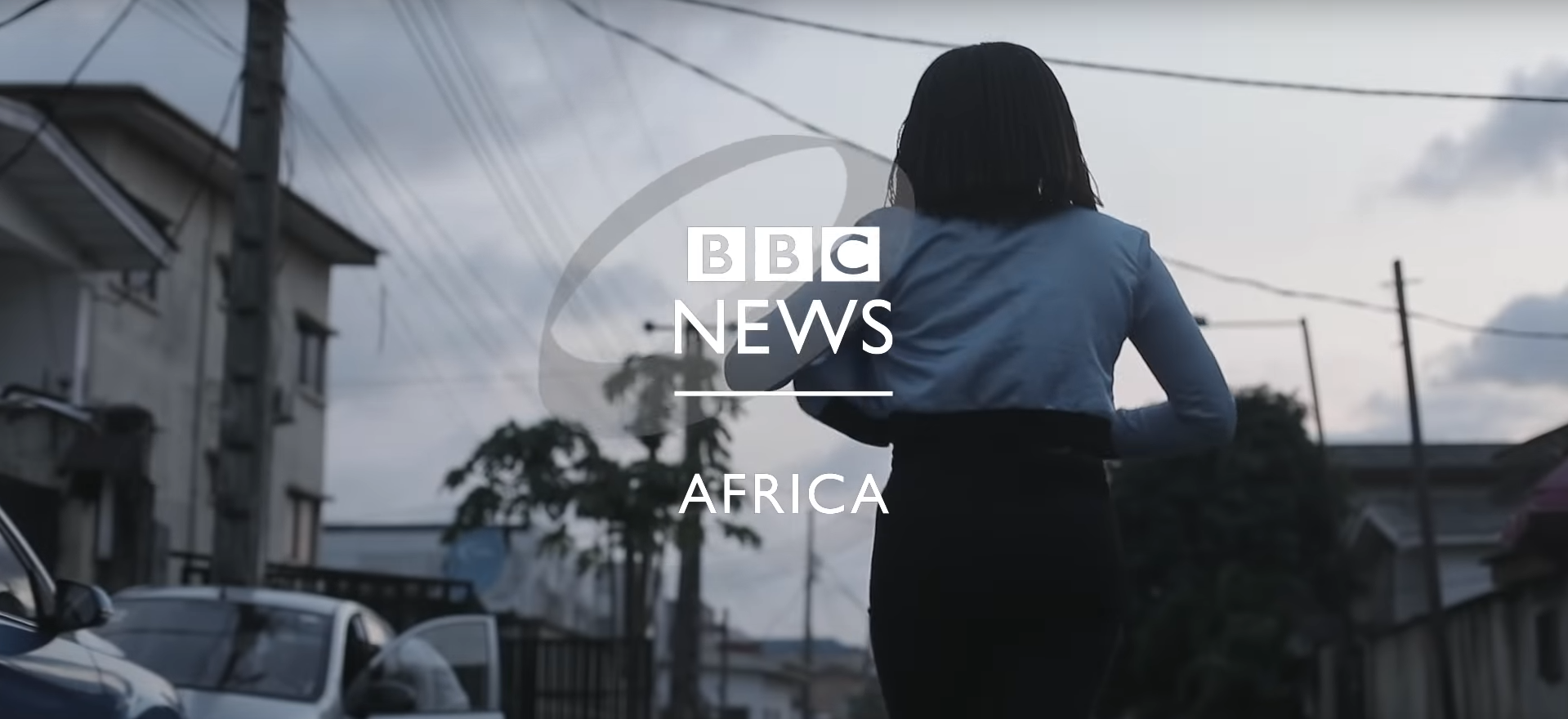
Reactions to Disclosing Abuse Following the BBC's Documentary "Sex for Grades"
When disclosing sexual abuse in the male-dominant Ghanaian culture, one of the greatest problems that arises is the inability to speak. Young women and girls who are harassed, sexually abused, or raped experience desperate loneliness and are forced to suffer in silence. This is due to the fact that they are threatened by serious retaliation and the fear of the consequences of disclosure such as stigma and rejection. This was powerfully portrayed in the recent BBC production Sex for Grades: undercover inside Nigerian and Ghanaian universities. One would have expected that the BBC’s “Sex for Grades” documentary in some prominent universities in western Africa (including Ghana) would have sparked a #MeToo movement in which the many women who have been sexually harassed in universities and other institutions could come forward with their stories. Unfortunately, that did not happen. Certainly, a small number of women in Ghana did speak about their experiences, but it was not received well by their friends and family who, instead of supporting them, are asking the questions: Why now? And why burden others with the knowledge that a friend or family member was sexually abused in school as a young woman?
Such criticism deepens the tendency for women and children in similar situations to remain silent, terrified, and vulnerable in the face of violence that may go on for years. The most serious consequence is certainly the psychological detachment from reality and consequential self-destructive behaviors, which is reinforced by the feeling of being powerless. The presence of sexual abuse in all its forms - in schools and even families - is such a serious and profound violence, that not perceiving a way out can leave indelible psychological and spiritual wounds. The impossibility of speaking one's truth also generates a profound feeling of isolation in the person. This is followed by having difficulty with creating meaningful bonds of friendship and having a healthy social life. Many abused girls in schools, universities, and families may suffer from eating disorders and deep-seated shame.
I, therefore, encourage individuals who have experienced sexual abuse in any form in the African context to not be intimidated by cultural criticisms, but to be courageous in telling their stories and getting the necessary help they need be able to thrive. As much as I encourage disclosure, it is also important that victims and survivors reflect on their experiences and decide to disclose at the appropriate time and place and to a person they trust. But the fact remains that without women giving their stories a voice, the various African cultures will remain mired in the effects of sexual abuse of women.
Sr. Rejoice Enyonam Hoedoafia
https://www.youtube.com/watch?v=we-F0Gi0Lqs
Photo Credit: screen capture from the BBC's documentary "Sex for Grades."

